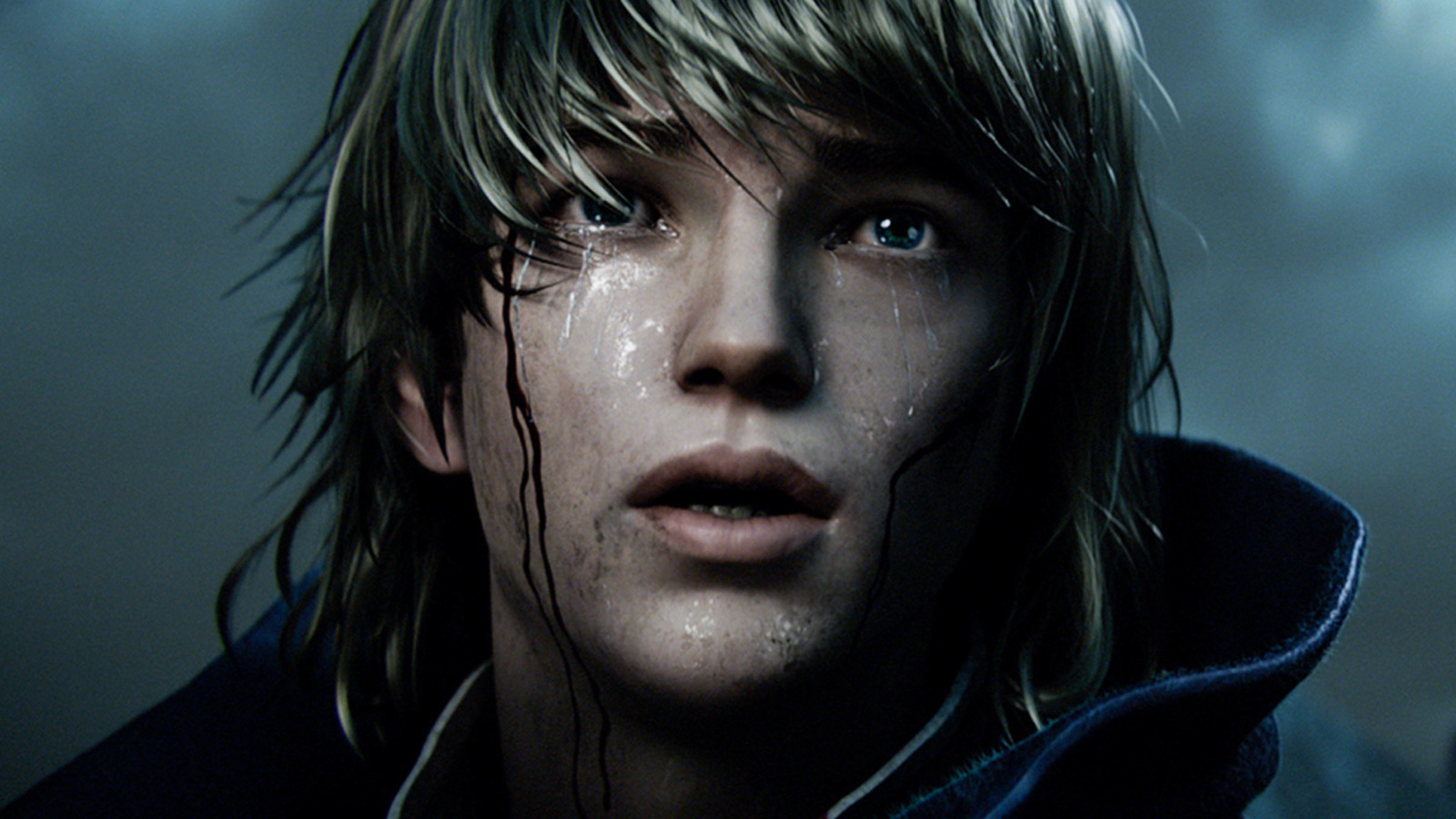
Embracelet
$1.29
-90%
170,000+ games · 50+ stores · PC, Xbox, PlayStation & Nintendo
Unofficial Keyshops:
Currency:
USD
English
Sign in to track your wishlist, get deal alerts, and see recommendations tailored to your platforms.
Sign inCreate a free account and unlock the full power of Gamers Unchained.
Frequently Asked Questions
Gamers Unchained is a platform dedicated to helping gamers find the best deals on PC video games. We track discounts from various sources, including Steam and other digital storefronts, ensuring you never miss a great deal.
We aggregate game prices from multiple sources and highlight the best discounts available. Simply browse our site to find the latest deals on your favorite PC games.
Yes! Our platform is completely free to use. We aim to help gamers save money without any hidden fees or subscriptions.
No, we do not sell games ourselves. We provide links to trusted retailers where you can purchase games at discounted prices.
Our deals are updated regularly to reflect the latest discounts and sales. Check back often to find new deals.
We are working on features that will allow users to set up deal alerts for specific games. Stay tuned for updates!
While we feature many Steam sales, we also track discounts from other PC gaming platforms, including Epic Games Store, GOG, and more.
Some discounts may vary based on your region. We recommend checking the store’s official website for exact pricing in your country.
You can support us by spreading the word, sharing deals with friends, and following us on social media. Some of our links may also be affiliate links, which means we earn a small commission at no extra cost to you.
This website uses cookies to enhance your browsing experience, analyze site traffic, and personalize content. By using this site, you agree to the use of cookies.
Unofficial Keyshops:
Enabled

Lost Ark launched in the West in February 2022, and at first the hype was massive. The free-to-play MMORPG had slick combat animations, gorgeous visuals, and a huge world to explore. A million players piled into the servers. It looked like the next big thing. Except it was not.
Within a year, the game lost around 80% of its player base, leaving only a fraction of the original audience. Why did Lost Ark crash so hard? The answer is a messy mix of design decisions, monetization, and cultural differences that dragged it down despite its strengths.
The game had already been popular in South Korea since 2019 before Amazon Game Studios brought it West. But the launch was a disaster. Servers were overloaded for weeks, and players could not even log in. Most MMOs deal with congestion at launch, but Lost Ark’s problems dragged on too long. Instead of diving into a new adventure, players were stuck waiting. That early frustration set the tone and created resentment.
When players finally got in, monetization hit them right away. Lost Ark leaned hard into pay-to-progress mechanics. Resources, upgrade materials, and currencies were all available in the cash shop. The game was technically free, but it was designed to push players toward spending money if they wanted to keep up. The infamous Vaulton Legion Raid exposed the problem clearly, as it demanded an item level that most free players could not reasonably reach. The only real way forward was to swipe a credit card. What could have been a rewarding grind turned into a paywall treadmill. Progress stopped feeling like achievement and started feeling like exploitation.
Cultural mismatch added fuel to the fire. Lost Ark was built for Korea first, and Western servers always lagged behind. Content that had been out for years in Korea trickled slowly into the Western release. Players in the West felt like second-class customers, always catching up but never truly on equal footing. That delay hurt trust and chipped away at the excitement.
Of course, grind is baked into every MMO. It is part of the appeal. But Lost Ark’s grind was especially punishing. Players had to spend weeks or months climbing item levels just to qualify for new content. Gear honing came with RNG success chances, meaning hours of effort could vanish with bad luck. Instead of feeling rewarding, it felt like a trap designed to waste time and money. Over time, that wore people down. Many just quit.
At launch, Lost Ark sold itself as a social game with sailing, islands, and big cooperative raids. On paper, it looked like a vibrant community experience. In reality, it boiled down to instanced zones and vertical progression. The game cared more about individual power levels than actual player bonds. It was less a living world and more a machine built for grinding. As the months passed, that truth became harder to ignore.
The final blow was reputation. Word spread online about how the game really worked, and new players were warned away before they even tried it. Once an MMO develops that kind of reputation, it is almost impossible to come back. Even in Korea, where Lost Ark had been strong for years, cracks started to show. Smilegate’s financial reports revealed a nine percent revenue drop and a fifty percent hit to net income. The decline was not just in the West — it was everywhere.
Technically, Lost Ark is not dead. Around 15,000 people play every month on average. In fact, Smilegate is already pivoting toward a mobile version with updated graphics and extras like a campaign mode. But that move feels more like a business decision than a true revival of the PC experience. For a lot of players, Lost Ark’s legacy is already decided. It will be remembered as a game that had everything going for it on paper, but fumbled so badly that even a million-player launch could not save it.
May 18, 2025
Feb 02, 2026